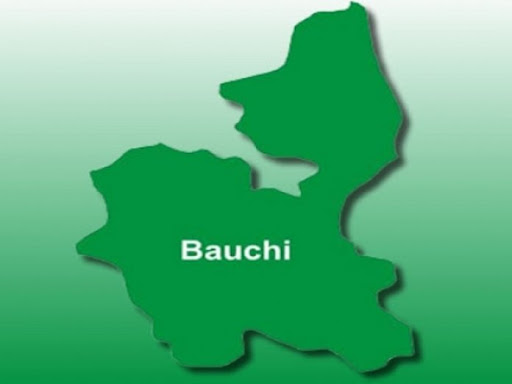The Emir of Bauchi, Alhaji Rilwanu Sulaiman Adamu, expressed deep concern over the debilitating impact of poverty on healthcare access, particularly among vulnerable populations in Bauchi State. He highlighted how financial constraints create significant barriers, preventing individuals from seeking necessary medical care, resulting in preventable suffering and hindering overall societal development. The Emir underscored that poverty exacerbates health disparities, making it challenging for the poor to afford basic healthcare services, including consultations, medications, diagnostics, and hospital stays. He lamented the devastating consequences of this situation, including delayed diagnoses, untreated illnesses, and increased morbidity and mortality rates, especially among women, children, and the elderly. The Emir stressed the urgent need for collaborative efforts to address the root causes of poverty and improve healthcare accessibility for all residents of Bauchi State. He also commended the invaluable contributions of non-governmental organizations (NGOs) working tirelessly to alleviate the healthcare challenges faced by impoverished communities.
The Emir’s remarks draw attention to a complex and multifaceted problem. Poverty acts as a significant obstacle to accessing quality healthcare, creating a vicious cycle where ill health further entrenches individuals and families in poverty. The inability to afford healthcare leads to lost productivity, reduced income, and catastrophic health expenditures, pushing vulnerable populations deeper into economic hardship. Moreover, limited access to healthcare services perpetuates health inequities, widening the gap between the rich and the poor in terms of health outcomes. This disparity in access creates a two-tiered system, where the affluent can afford quality care while the poor are left with limited or no access to essential health services. The Emir’s concern highlights the imperative for comprehensive strategies that address both the social determinants of health and the strengthening of the healthcare system itself.
The Emir’s emphasis on the contributions of NGOs recognizes the critical role they play in bridging the healthcare gap for the impoverished. These organizations often operate at the grassroots level, providing essential health services, health education, and advocacy for vulnerable communities. They work closely with local communities to understand their specific needs and tailor interventions to address local challenges. NGOs often fill critical gaps in healthcare provision, particularly in areas where government services are limited or inaccessible. Their work includes providing free or subsidized healthcare services, running community health outreach programs, distributing essential medicines and supplies, and supporting health infrastructure development. They also play a crucial role in health promotion and disease prevention, raising awareness about important health issues and empowering communities to take control of their health.
The Emir’s call for collaborative action emphasizes the shared responsibility of government, civil society, and the private sector in addressing the intertwined challenges of poverty and healthcare access. A multi-sectoral approach is essential to develop sustainable solutions that address the root causes of poverty and strengthen the healthcare system’s capacity to serve everyone, regardless of their economic status. This requires a concerted effort to invest in poverty reduction programs, create economic opportunities, improve health infrastructure, and ensure equitable access to quality healthcare services. Effective collaboration involves coordinating the efforts of various stakeholders, sharing resources, and aligning interventions to maximize impact and avoid duplication of efforts.
To effectively address the healthcare challenges faced by the poor, a comprehensive strategy should encompass several key components. First, investments in primary healthcare are crucial, including strengthening community health centers, training healthcare workers, and ensuring the availability of essential medicines and supplies. This focus on primary care allows for early detection and treatment of illnesses, preventing complications and reducing the need for more costly hospitalizations. Second, financial protection mechanisms, such as health insurance schemes, are essential to shield vulnerable populations from catastrophic health expenditures. These mechanisms can help reduce the financial burden of healthcare and make it more affordable for the poor. Third, targeted interventions are necessary to address the specific health needs of marginalized groups, such as women, children, and the elderly. These interventions may include specialized health programs, nutritional support, and social welfare programs.
Finally, empowering communities to take ownership of their health is crucial for long-term sustainable change. This involves promoting health literacy, encouraging healthy behaviors, and supporting community-based health initiatives. By fostering a culture of health and empowering individuals to make informed decisions about their health, communities can improve their overall well-being and reduce their reliance on external assistance. The Emir’s call to action serves as a powerful reminder of the urgent need to prioritize healthcare for all and to work together to create a healthier and more equitable society in Bauchi State. By addressing the root causes of poverty and strengthening the healthcare system, it is possible to ensure that everyone, regardless of their economic status, has access to the healthcare they need to live a healthy and productive life.














